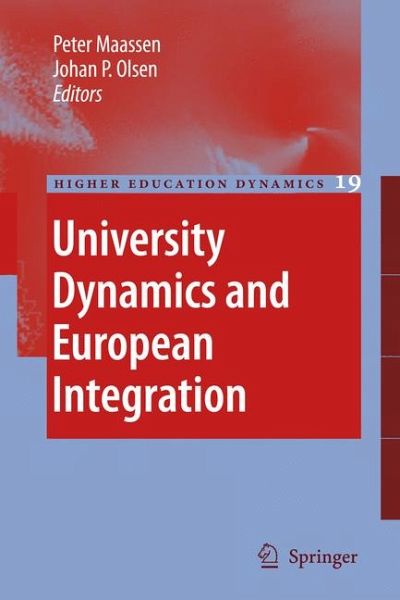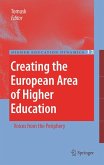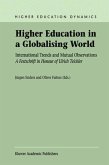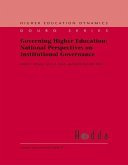The European University is under stress. It has become commonplace to argue that radical reforms are needed. The claim is that while environments are changing rapidly, European universities do not learn, adapt and reform themselves fast enough. Reform plans comprise the purposes of universities, i.e. definitions of what the University is, can be and should be, criteria for quality and success, the kinds of research, education., services and innovation to be produced, and for whom. Reform plans also include the universities' organization and financial basis, their governance structures, who should influence the future dynamics of universities, and according to what principles. In contrast, it can be argued that the currently dominant reform rhetoric is only one among several competing visions and understandings of the University and its dynamics. What is at stake is "what kind of University for what kind of society" and which, and whose values, interests and beliefs should be given priority in University governance and reforms? This book explores the visions underlying the attempts to reform the European University as well as two European integration processes ("Bologna" and "Lisbon") affecting University dynamics. Above all, the book presents a framework for analyzing ongoing "modernization" reforms and reform debates that take place at various governance levels, not least the European level, and a long-term research agenda.
Dieser Download kann aus rechtlichen Gründen nur mit Rechnungsadresse in A, B, BG, CY, CZ, D, DK, EW, E, FIN, F, GR, HR, H, IRL, I, LT, L, LR, M, NL, PL, P, R, S, SLO, SK ausgeliefert werden.









